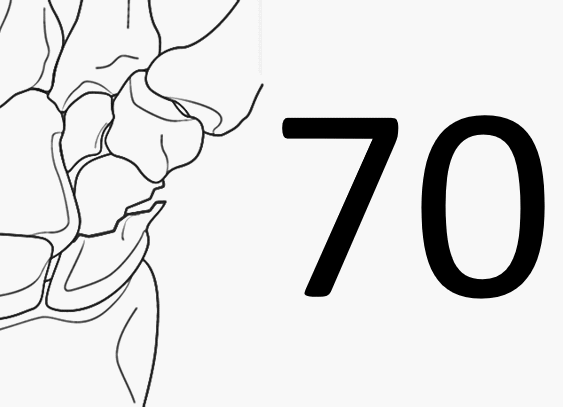70% of blood supply of scaphoid is by dorsal branch of radial artery 70% of scaphoid bones have arterial foramina through out their length 70% of carpal fractures are scaphoid fractures 70% of scaphoid fractures occur through the waist 70% of scaphoid fractures are detected on initial radiographs 70% proximal…
Author: Epomedicine
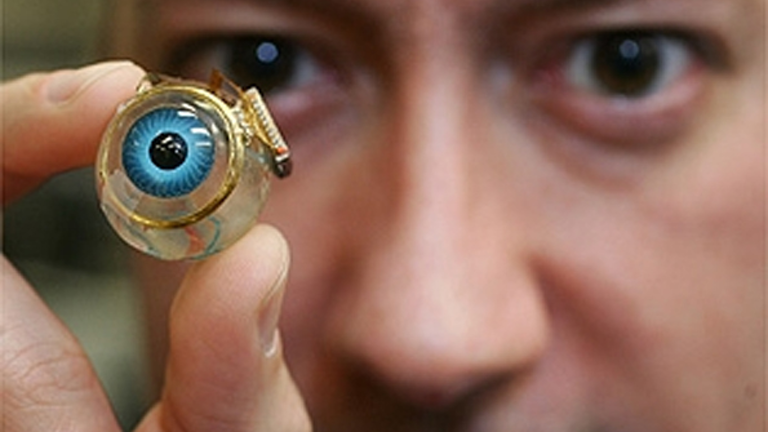
10 Medical Advances That Are Changing Lives
Over the years, it’s incredible to think about how much we have evolved in regards to medicine and healthcare – From being able to see inside the human body with x-ray machines to preventing illnesses with new and improved vaccinations. Many lives have been saved due to the knowledge and…
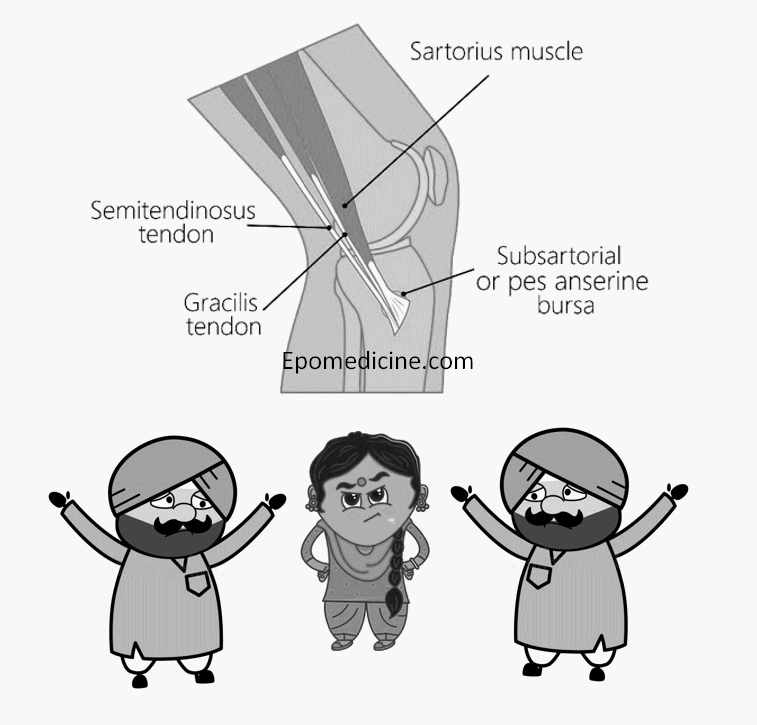
Pes Anserinus : Mnemonic
Pes Anserinus is composed of the combination of tendinous insertions of the sartorius, gracilis and semitendinosus muscles (guy ropes muscles) which attaches to the medial side of tibia to generate a “goose’s foot” like appearance. These three muscles are mainly flexors of the knee but also have a role in…

Proton Pump Inhibitors (PPI) Pharmacology : Mnemonics
Relative Potency in Omeprazole Equivalent (OE) Mnemonic: PLOwER Pantoprazole (4.5 mg OE) Lansoprazole (13.5 mg OE) Omeprazole (20 mg OE) Esomeprazole (32 mg OE) Rabeprazole (36 mg OE) Side effects of PPI Mnemonic: KFC Kidney (Acute interstitial nephritis) Fractures (Hypochlorhydria leading to decreased serum calcium) C. difficile infection Besides, it…
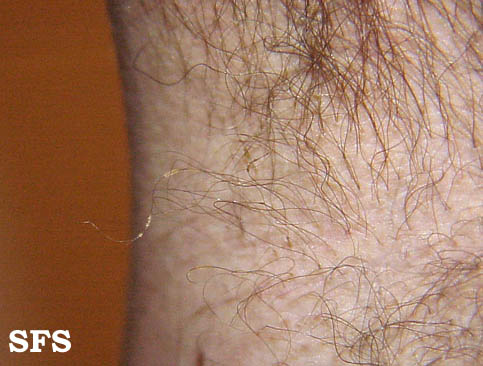
Trichomycosis Axillaris : Malodorous yellowish armpit hair
Synonym: Trichobateriosis axillaris, Bacterial trichonodosis, Trychomycosis palmellina Definition: Asymptomatic superficial bacterial infection (mycosis is a misnomer because it is not a fungal infection) primarily of the axillary hairs (can also occur in pubic, perianal and scalp hair) caused by Corynebacterium sp. Causative organism: Corynebacterium species particularly Corynebacterium flavescens Mode of infection: Bacteria…
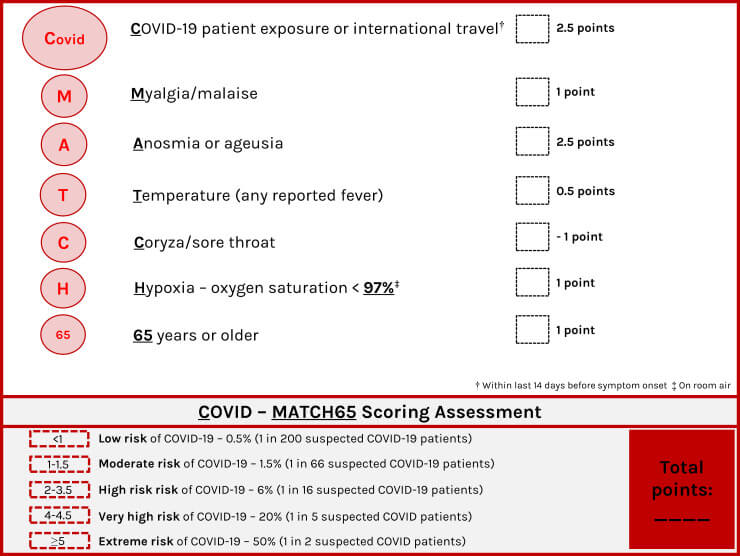
Mnemonic based Clinical Diagnosis of Covid-19
Mnemonic: Covid-MATCH65 Covid-19 patient exposure or international travel: 2.5 points Myalgia/Malaise: 1 point Anosmia or Aguesia: 2.5 points Temperature (any reported fever): 0.5 point Coryza/sore throat: -1 point Hypoxia – oxygen saturation <97%: 1 point 65 years or older: 1 point Scoring assessment: <1 = Low risk (0.5%) 1-1.5 =…
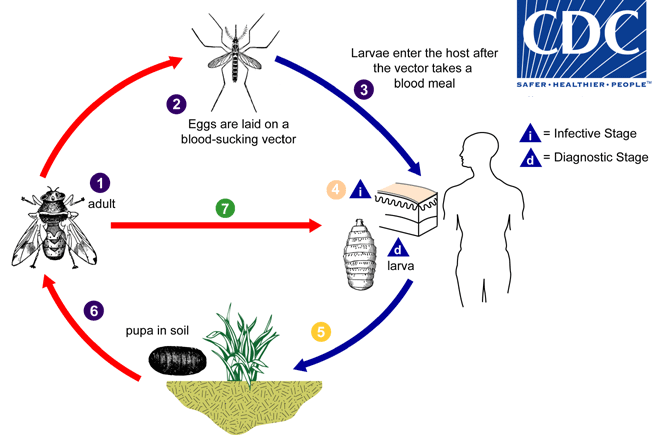
Wound Myiasis (Maggot Infestation)
Myiasis is defined as the infestation of live vertebrates (humans and/or animals) with dipterous larvae. The order Diptera is a large order of insects that are commonly known as true flies. Myiasis may be classified clinically into: Wound myiasis occurs when fly larvae infest open wounds of a mammalian host….
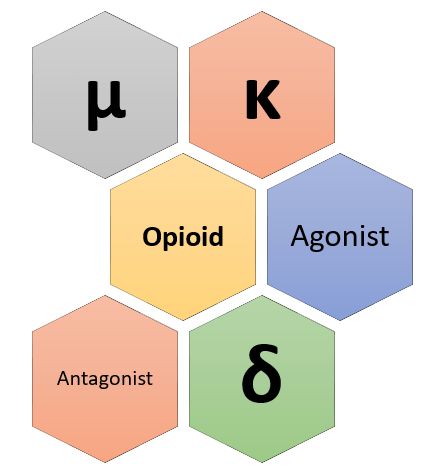
Opioid Adverse Effects – Mnemonic
Mnemonic: MORPHINES 1. Miosis Mechanism: Stimulation of Edinger-Westphal nucleus of Cranial nerve III 2. Orthostatic hypotension Mechanism: Vasodilation due to – Direct action decreasing tone of blood vessels Histamine release Depression of vasomotor center 3. Respiratory depression Mechanism: Inhibits respiratory center in a dose-dependent manner (neurogenic, hypercapneic and hypoxic drives…
